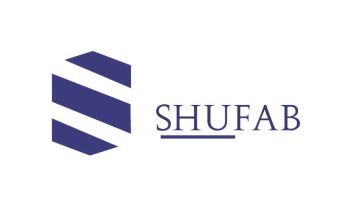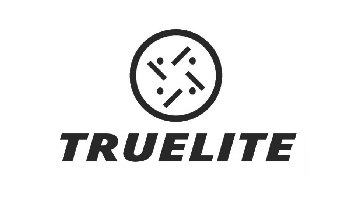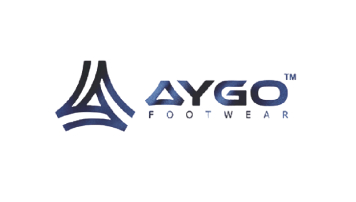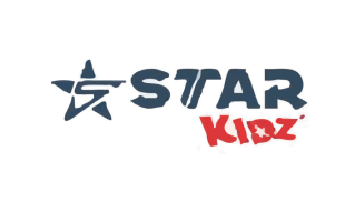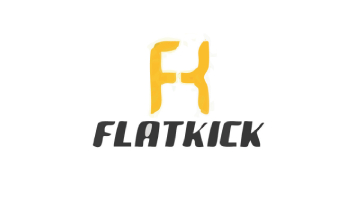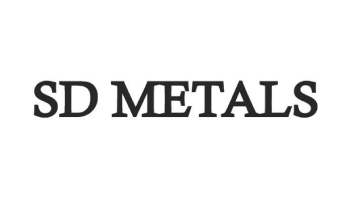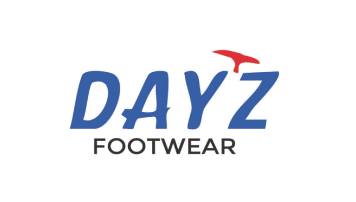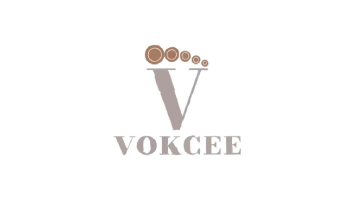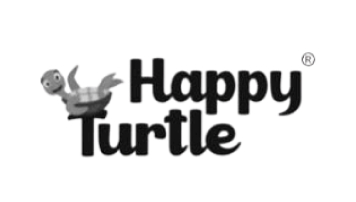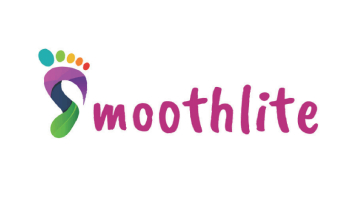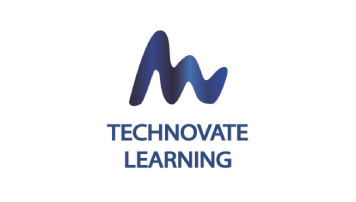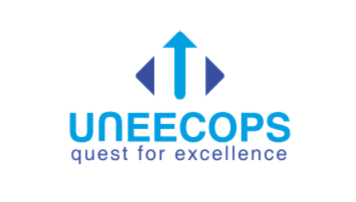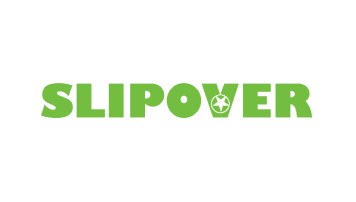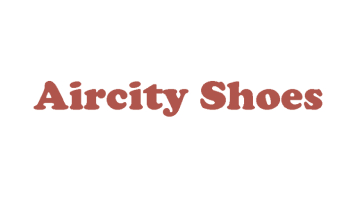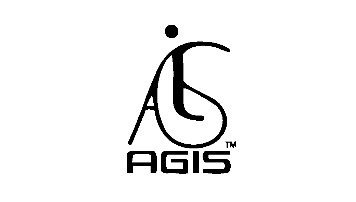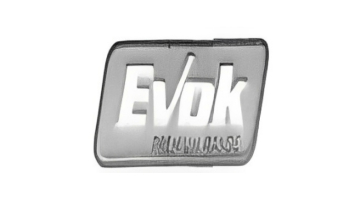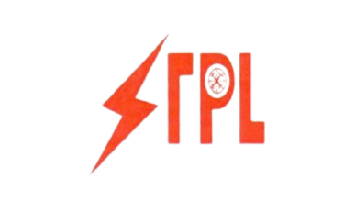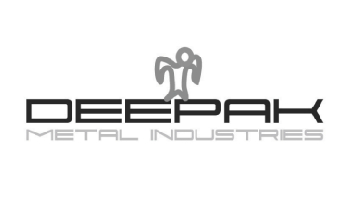The Foreign Manufacturer Certification Scheme (FMCS) is BIS’s route to certify products that are manufactured outside India but intended for the Indian market. FMCS verifies that foreign factories, processes, and finished products meet the relevant Indian Standards (IS/ISS), through audits, testing, and ongoing surveillance.
Over 200+ BIS cases consulted Free expert help & initial consultation Best-price assurance for our services Streamlined process — minimal hassle 20 years of industry experience; served 1,100+ companies Single-window solutions for annual compliance A manufacturer qualifies for FMCS if: Note: Separate applications are required for each product-standard and for each factory location. Figures are indicative — actual payments depend on product standard and country. (USD values shown as approximate.) Typical project timeline: roughly 3–4 months, depending on inspection scheduling, sample transport and timely responses to queries. After certification, BIS maintains surveillance through: These measures ensure product consistency and consumer safety over the lifetime of the licence. Some product categories are covered by mandatory Quality Control Orders; such products require a BIS licence and the standard mark to be legally imported. Other categories remain voluntary. Apply using the prescribed BIS form and submit required documents, declarations, and fees. An AIR (Authorized Indian Representative) nomination is also required. Yes. The Authorized Indian Representative must be an Indian resident who agrees to act on behalf of the foreign manufacturer for compliance with BIS regulations. AIR represents one manufacturer (exceptions exist for group companies as specified by BIS). Payments from SAARC countries may be accepted in INR or USD (with applicable GST). For most non-SAARC countries, payments are required in USD. Only test reports issued as per the relevant Indian Standard are accepted. Tests performed against other standards (e.g., IEC alone) are generally not acceptable. Samples taken during inspection must be tested in BIS-approved laboratories. Applicants may need to arrange shipment of samples to India and bear testing costs. The average timeline is often around 6 months from complete application, but can vary based on inspection scheduling, sample transport and query resolution. No — applications are product- and location-specific. Each IS/product and each factory location normally require separate applications. Brand declarations are handled as part of the licence documentation. BIS licences are manufacturer-specific; the application should be filed by the manufacturer. An importer can be nominated as the AIR and assist with the process. We specialize in supporting foreign manufacturers through the FMCS/BIS pathway: For footwear and other regulated categories, the BIS mark provides consumer assurance of product safety and quality. For footwear specifically, ISI/BIS certification is often a mandatory step before production and sale in India — it also strengthens market credibility. FMCS (BIS) — Foreign Manufacturer Certification Services
Fast · Reliable · Expert Support
Get connect with us
What is FMCS matters
Who should apply (Eligibility)
Typical Fee Outline (government / BIS charges)
Item
Amount (INR)
Approx. (USD)
Application fee
1,000
~12
Annual license fee
1,000
~12
Inspection charges
42,000 (example: 2*(7,000*3))
~507
Contingency fund
10,000
~121
Travel charges
Varies by country
—
Laboratory testing
Depends on applicable IS
—
Minimum marking fee
Depends on IS
—
Bank Guarantee
830,000
~10,015
FMCS — Step-by-step process (high level)
Surveillance & ongoing compliance
License validity & renewal
Frequently Asked Questions (reworded)
Why work with GovCert Solution?
Important: Footwear & ISI (BIS) notes
Our Partners
